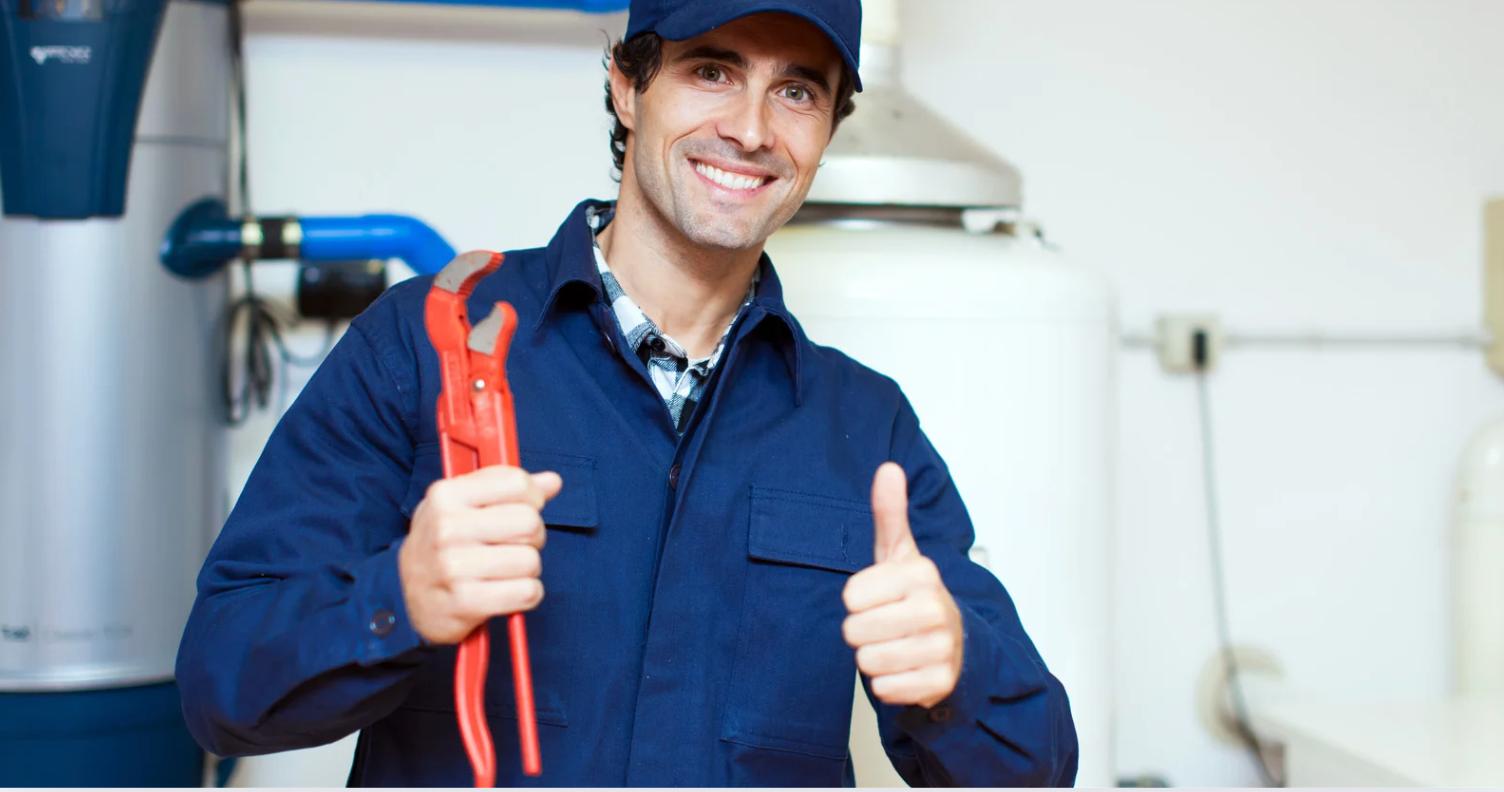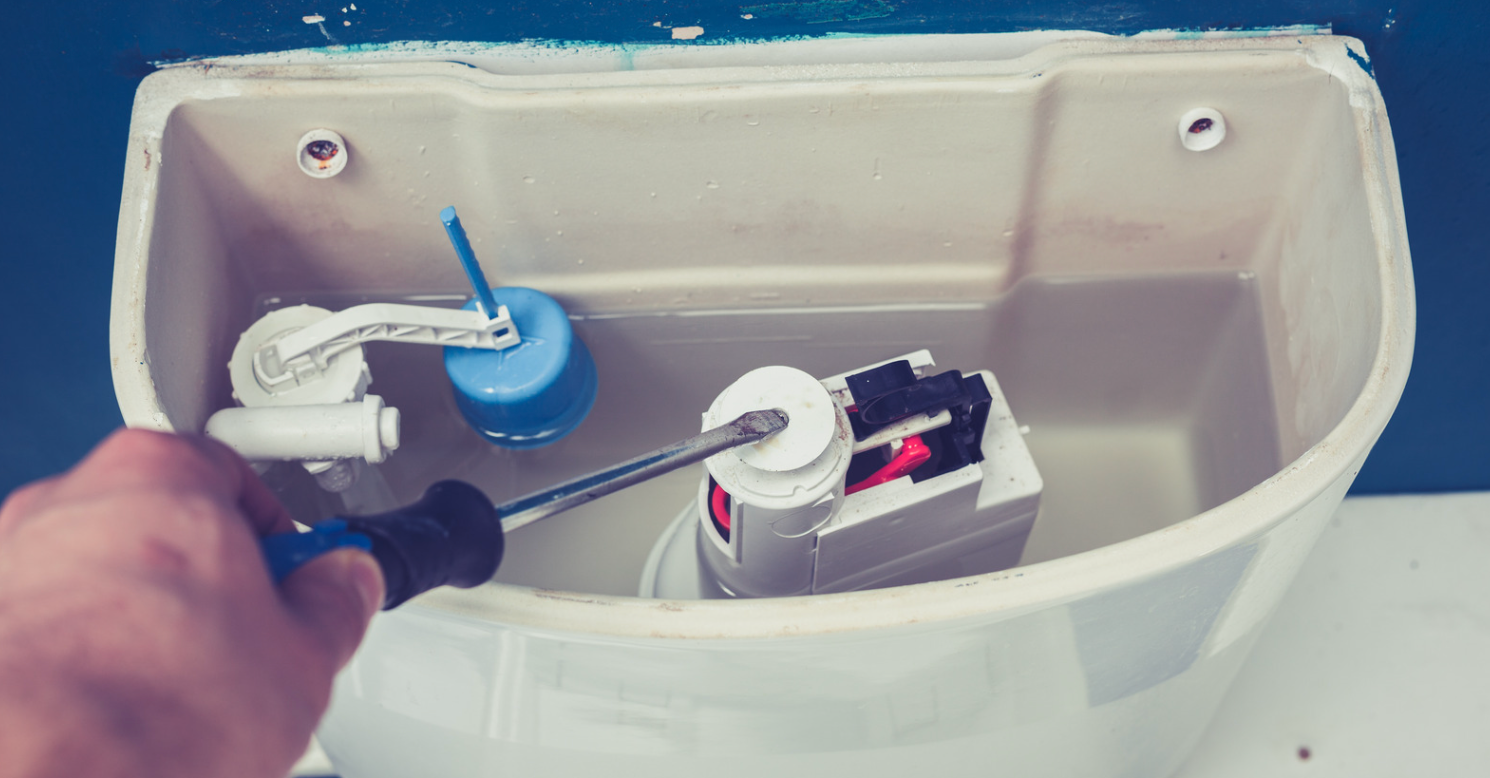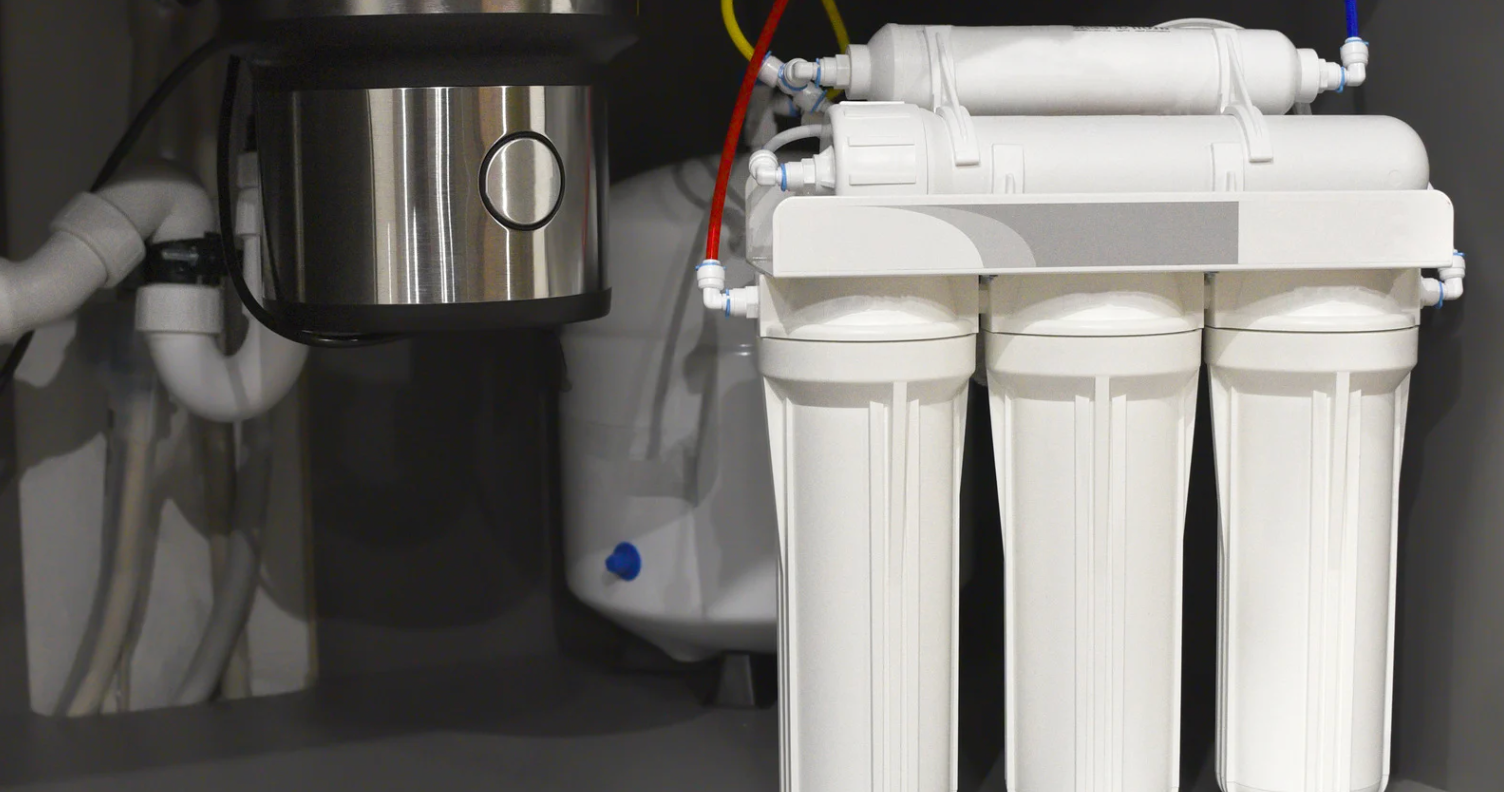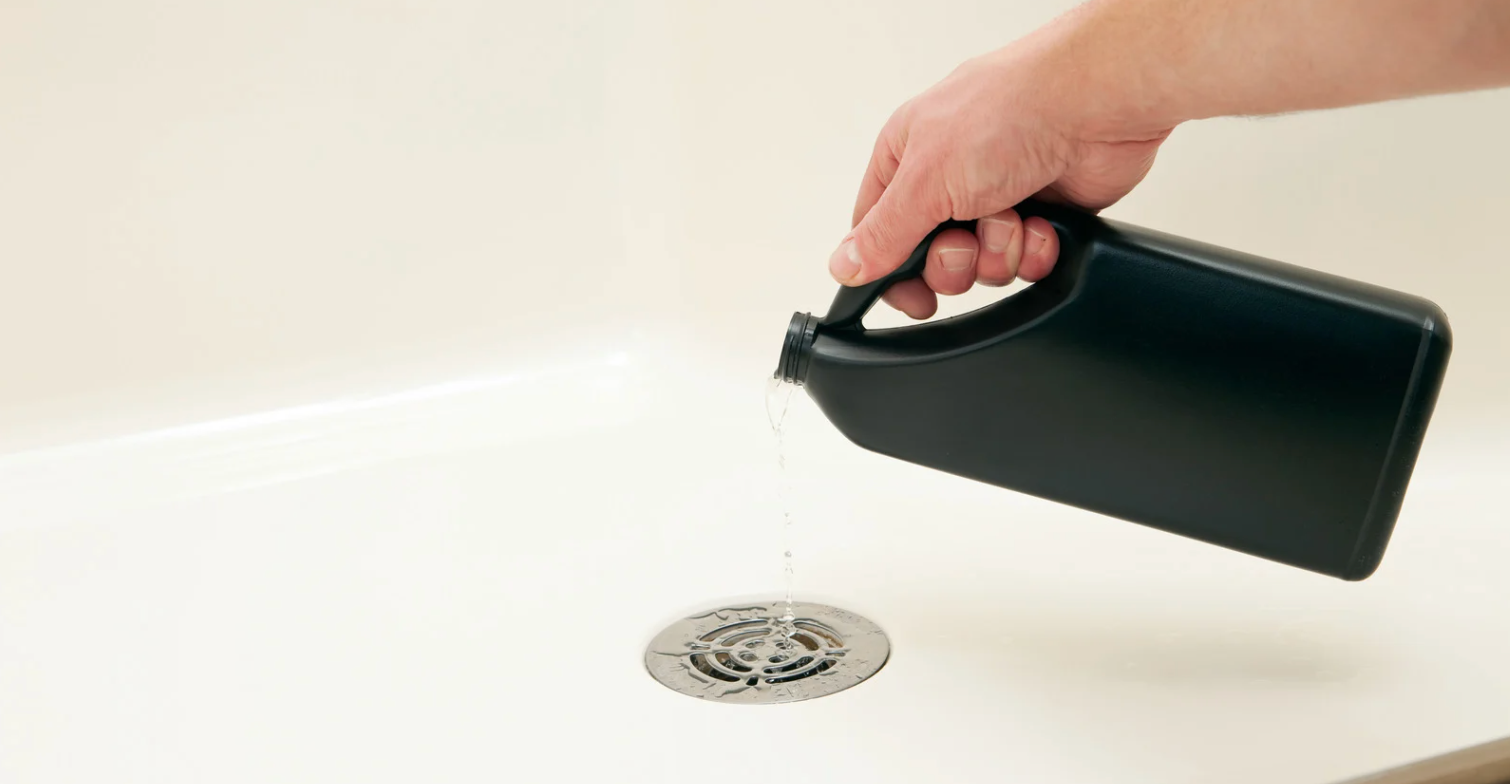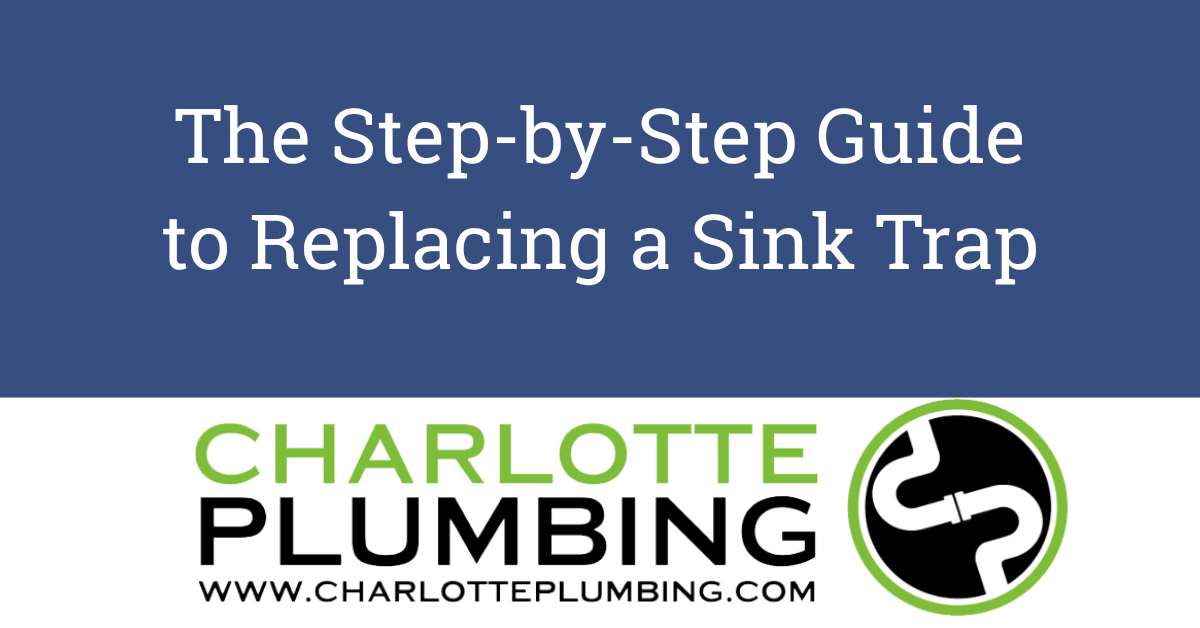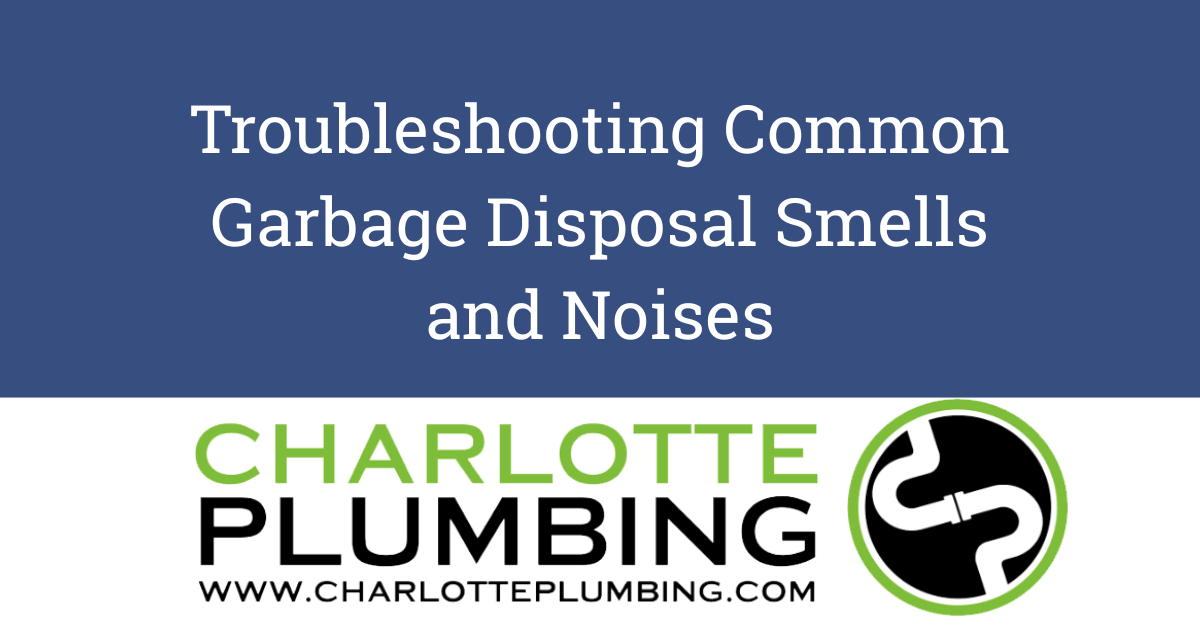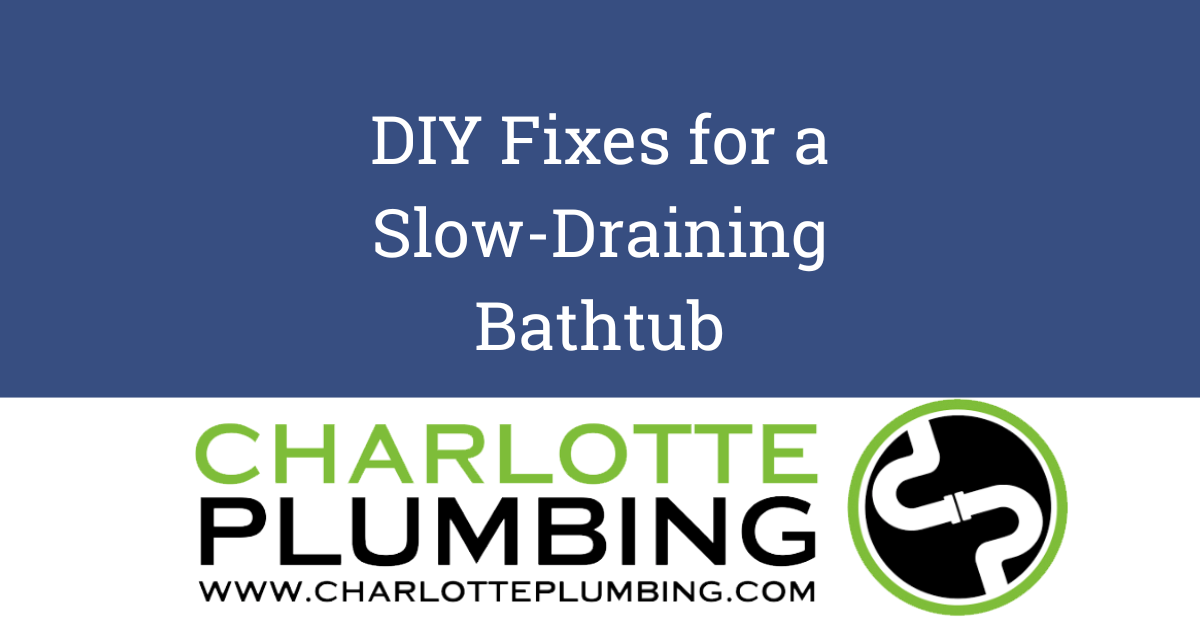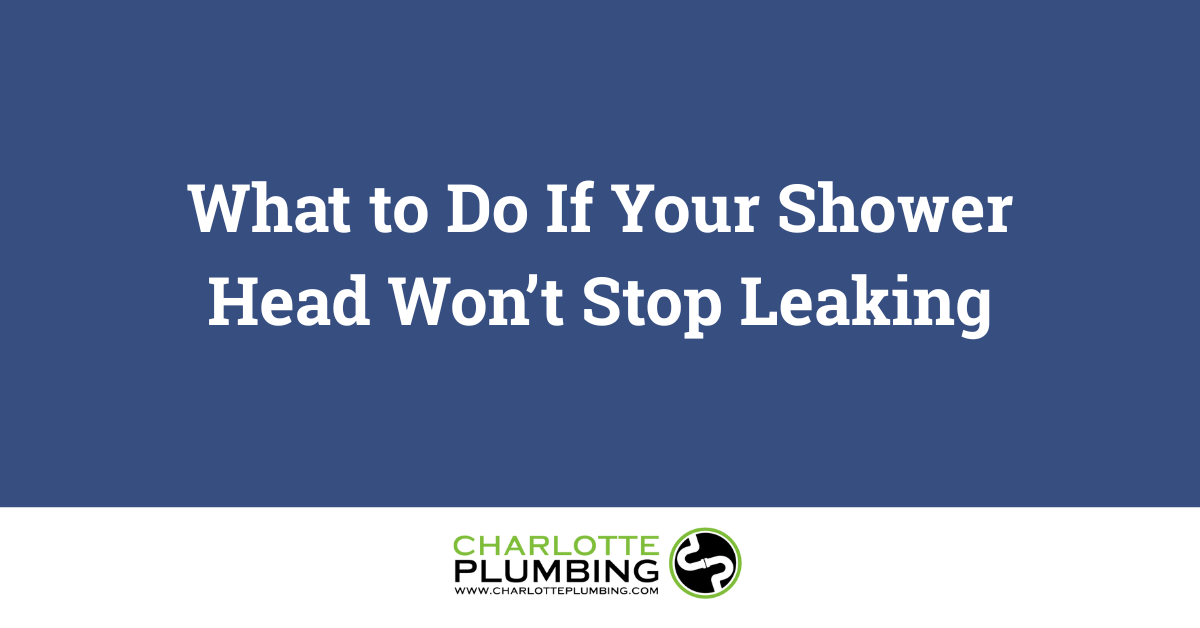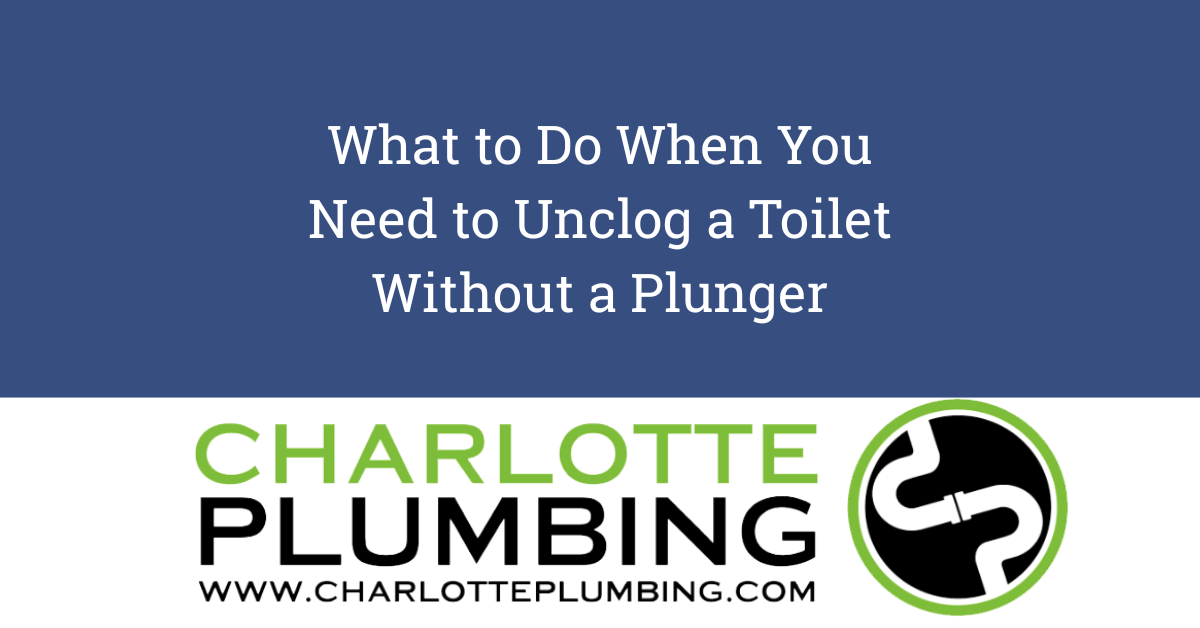The Pros and Cons of Tankless vs. Traditional Water Heaters
When it comes to choosing the right water heater for your home, you’ll likely come across two main options: tankless water heaters and traditional tank water heaters. Both systems have their advantages and disadvantages, and understanding these can help you make an informed decision that best fits your household’s needs. Let’s break down the pros and cons of each type to help you determine which one is right for you.
Tankless Water Heaters: Pros and Cons
When deciding between a tankless and a traditional water heater, it's essential to weigh the pros and cons of each system. Both options provide hot water, but they operate differently and have distinct benefits and drawbacks. Understanding these differences will help you choose the right water heater for your home’s specific needs.
Pros:
- Energy Efficiency. One of the biggest advantages of a tankless water heater is its energy efficiency. Since it only heats water on demand, it doesn’t waste energy keeping water hot in a storage tank. This can lead to lower utility bills over time, especially for homes that don’t use a large amount of hot water regularly.
- Endless Hot Water. With a tankless water heater, you never run out of hot water. This is ideal for larger households where multiple people may need to use hot water at the same time. As long as the heater is sized appropriately for your home’s needs, you’ll have a continuous supply of hot water.
- Space-Saving Design. Tankless water heaters are much smaller than traditional models. They can be mounted on walls and take up less space, making them a great choice for homes with limited storage areas or for those looking to free up some space.
Cons:
- Higher Energy Usage. Traditional water heaters continually heat and reheat water in the tank to maintain the desired temperature, even when it’s not being used. This “standby heat loss” can lead to higher energy bills compared to the on-demand heating of tankless systems.
- Limited Hot Water Supply. Once the hot water in the tank is used up, you’ll need to wait for the tank to refill and reheat, which can be inconvenient for larger households. If you have several people using hot water at once, you may run out quickly.
- Larger Footprint. Traditional water heaters take up more space due to their larger tanks. They’re usually installed in garages, basements, or utility rooms, but if space is at a premium, they may not be the best option.
Which System Is More Energy-Efficient?
When comparing energy efficiency, tankless water heaters are the clear winner. Since they only heat water when it’s needed, there’s no energy wasted on keeping a tank of water heated. According to the U.S. Department of Energy, tankless water heaters can be 24%–34% more energy-efficient for homes that use 41 gallons or less of hot water daily. However, the energy savings decrease slightly for households with higher hot water usage.
On the other hand, traditional water heaters use more energy due to “standby heat loss,” where energy is consumed to keep the water in the tank at a constant temperature. This means traditional systems are continuously using power, even when hot water isn’t being used.
Which System Is Best for Your Home?
Choosing between a tankless or traditional water heater depends on your household’s hot water usage, budget, and available space. Tankless water heaters offer energy savings, unlimited hot water, and a compact design, making them ideal for smaller households or those prioritizing efficiency. However, larger families with simultaneous hot water needs may require multiple units, increasing costs. Traditional water heaters, while less energy-efficient and taking up more space, are often more affordable upfront and better suited for homes with moderate to high hot water demands, providing reliable hot water supply for larger households.
Call Charlotte Plumbing to Find the Best Water Heater for Your Home
Choosing the right water heater is essential for ensuring your home’s comfort and energy efficiency. Whether you prefer the energy-saving benefits and endless hot water of a tankless unit or the affordability and simplicity of a traditional model, it's important to consider your household's specific needs. If you need assistance making the right choice or want professional installation, contact the professionals at Charlotte Plumbing in Charlotte, NC, and we’ll help you find the perfect water heater solution for your home!
